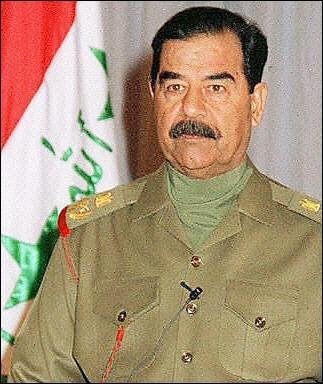OFAC’s Iraq SDN List Still Lingers On…

Last Thursday, the United States Department of the Treasury’s Office of Foreign Assets Control (“OFAC”) announced the removal of two parties designated under the Iraq Stabilization and Insurgency Sanctions program (“Iraq Sanctions”). These sanctions have been put into law by Executive Orders 13303, 13315, 13350, 13364, and 13438. These Iraq Sanctions target specific individuals and entities associated with the former Saddam Hussein regime, as well as parties
determined to have committed, or to pose a significant risk of committing, an act of violence that has the purpose or
effect of threatening the peace or stability of Iraq or the Government of Iraq or undermining efforts to promote
economic reconstruction and political reform in Iraq or to provide humanitarian assistance to the Iraqi people.
To date their remains 218 parties designated pursuant to Iraq Sanctions administered by OFAC. As a result of these designations U.S. persons are prohibited from engaging in transactions with these parties, and any assets owned or controlled by these parties which come under U.S. jurisdiction are to be blocked. The last time a party was designated pursuant to Iraq Sanctions was over three (3) years ago on December 22, 2009. Since that time all OFAC actions concerning that program have either been removals or the release of the regulations promulgated pursuant to the above referenced executive orders.
In March it will be ten (10) years since the regime of Saddam Hussein was toppled. It has been over six (6) years since Saddam Hussein was executed. It has been over one year since U.S. troops pulled out of Iraq. So why do we still have Iraq sanctions? Well there is still believed to be sectarian violence rampant throughout the country which could impact Iraq’s economic reconstruction and political reform. That said it is interesting to note that the overwhelming majority, around 80-85%, of those designated on the OFAC SDN List pursuant to the Iraq Sanctions have been designated since July 30, 2004, nearly eight (8) and a half years ago, when the new Iraq Sanctions were imposed, not as a result of an recent ongoing violence in the country.
This phenomenon speaks to one of several conclusions. First, it could be that this large majority of parties is still engaged in the same activities they were engaged in during July 2004 when they were designated. This would suggest that OFAC targeted sanctions have had no impact on changing the behavior of these parties. Taken a step further it would bolster the arguments of those pundits who suggest sanctions do not work. Second, it could be that OFAC just needs to do some house cleaning on the Iraq portion of their SDN List. This is likely, because the agency is obviously geared more towards putting parties on the list as opposed to taking them off. Finally, and dovetailing off of the previous point, it could be that none of those parties designated on July 30, 2004 have formally contested their designation by submitting a request for reconsideration pursuant to 31 C.F.R. 501.807. I am unaware of any internal process OFAC has for periodic review of designations, so it may be that as long as the program exists and parties are not contesting their designation that they will remain on the list. Regardless of which have the following conclusions is most accurate, Iraq Sanctions seem to be an atavistic sanctions program, or at a minimum one that is long overdue for a review.
The author of this blog is Erich Ferrari, an attorney specializing in OFAC matters. If you have any questions please contact him at 202-280-6370 or ferrari@ferrariassociatespc.com.


